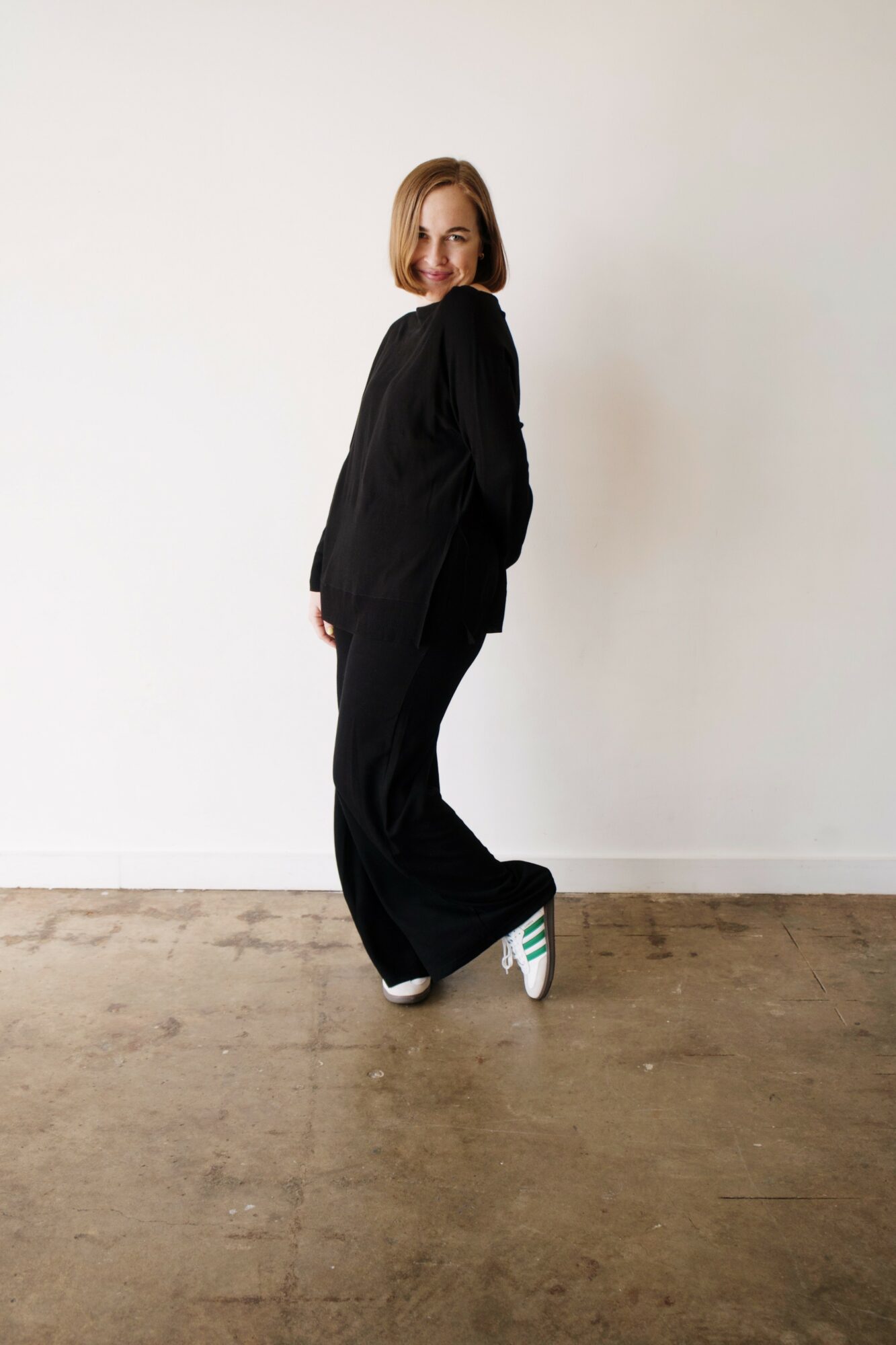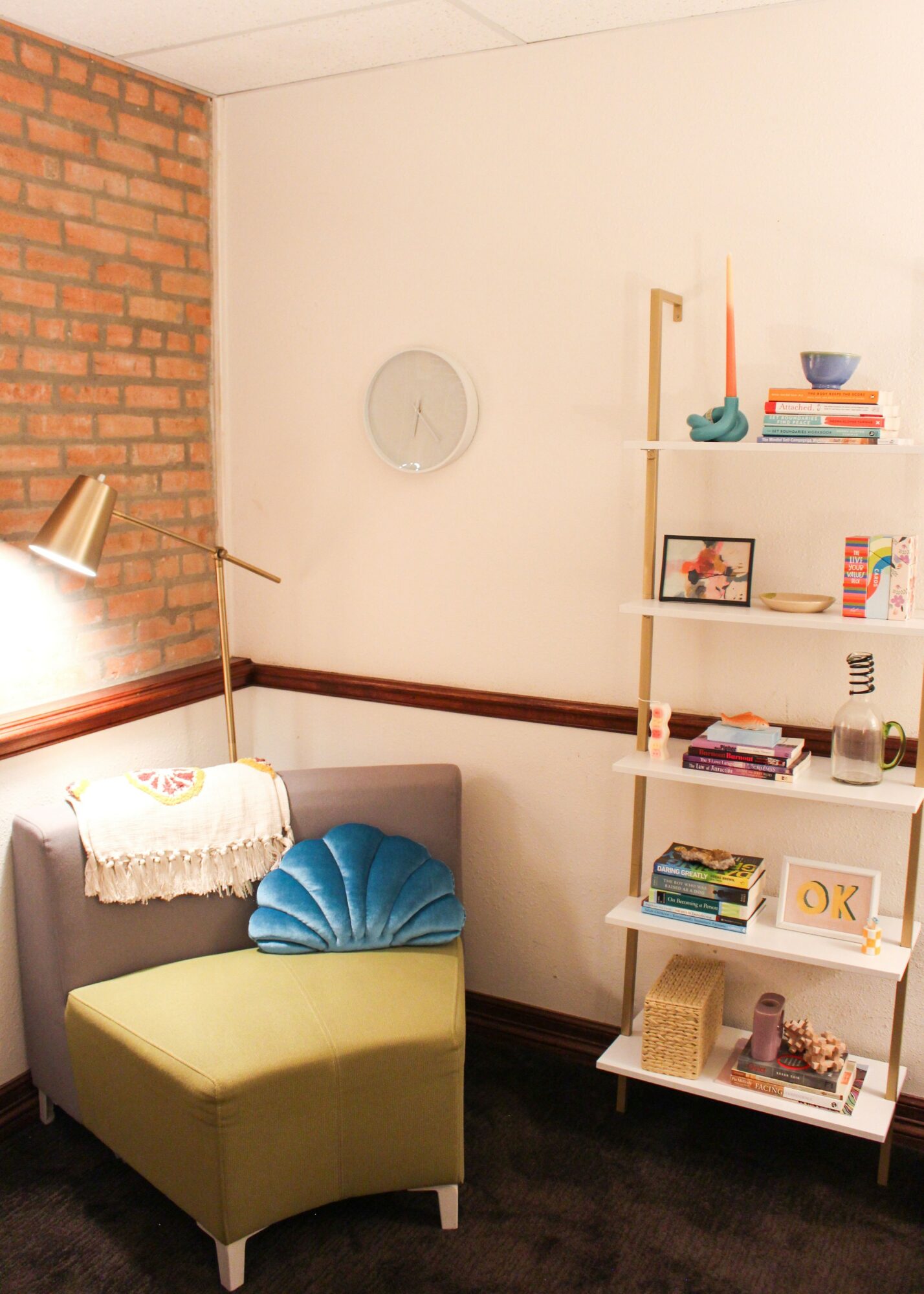

Today we’d like to introduce you to Emilee Crowder.
Hi Emilee, please kick things off for us with an introduction to yourself and your story.
I think I was always meant to be a therapist & yet I never really knew I wanted to be a therapist until it happened. After graduating college with a degree in elementary education & realizing I didn’t want to teach, I spent about 6 years trying to figure out what I did want to do. From working in hospitality to being a grant manager in the non-profit world, I kept trying to figure out what would excite me & give me a sense of fulfillment. The one thing I knew was that I wanted to work with people. Finally, in a chain of events, it came to me: I wanted to be a therapist! I was always the “therapist friend” whom others came to for advice & a listening ear. And I had experienced the transformative power of therapy from my own personal experience as a client. So, I took the leap by moving to Texas & pursuing my master’s in Clinical Mental Health Counseling! I haven’t regretted it one bit—this truly feels like my calling in life & I regularly feel disbelief that I get to do what I do for work.
As far as opening my private practice: I knew from the beginning of my counseling education that I wanted to have my own practice. I’ve always craved autonomy, especially in a work setting, and I get very passionate about my ideas & projects. I definitely have many ideas & projects on the horizon, and I’m excited to see the continual growth of my practice.
Can you talk to us a bit about the challenges and lessons you’ve learned along the way? Looking back, would you say it’s been easy or smooth in retrospect?
I think it’s been the bumpiest road I’ve ever been on! I tell everyone: if you really want to face all of your insecurities & deep-rooted fears, start a private practice as a therapist. Being a therapist is a raw & humbling experience to begin with—we are constantly facing & processing what comes up for us as we work with clients. Countertransference is the idea that we as therapists are impacted by our clients—our own wounds & unresolved issues come up depending on the identity or presenting concerns of each client. Maybe a client reminds me of a friend I had a painful falling out with. Or maybe I feel triggered by the way a client becomes defensive in session. That, to me, is the beauty of therapy: it is so relational & I get to see clients’ natural behaviors come out because we are in a relationship together. And on the other side of the room, I am also being impacted. Except it is my responsibility, ethically, to understand & manage my own reactions & responses to each client. That takes a lot of self-awareness, work & vulnerability.
Take that further than just being a therapist—being a private practice therapist can be really tough. You’re faced with your sense of worth—will clients want to come to you? How much can you charge per session—how much will people be willing to pay for your services? You’re faced with the task of setting & maintaining boundaries—otherwise, your business won’t be successful. But as you reinforce boundaries, some clients might respond poorly—which might bring up a fear of rejection or discomfort with being disliked. Since there is so much on the line, there’s a lot of possible insecurity. My livelihood is based on whether or not I can get a steady caseload of clients & there’s a lot that’s out of my control with that. It’s been quite the practice of letting go of control, leaning into my self-trust & believing in myself. What a journey! But it’s definitely been a rewarding one.
Alright, so let’s switch gears a bit and talk business. What should we know?
I’m a mental health therapist who specializes in trauma. I work with young adult females who have experienced childhood, relational, or religious trauma. I market myself as a therapist for people-pleasers—because people-pleasers, whether they know it or not, have likely experienced trauma that has caused them to neglect their own needs for the sake of making others happy.
I feel proud of the way I’ve authentically branded myself. In my marketing & in my sessions, I try to make it known that I’m a recovering people-pleaser & I’ve experienced relational & religious trauma, too. We all just want to feel seen & heard. Especially in our therapy experience, we want to know that others can relate to us & that we’re not so alone in our pain. While I keep the focus on my clients & their needs, I know that letting my own humanness come out appropriately provides comfort & safety.
What do you think about happiness?
I feel happiest when I am connecting with myself, with others, or with nature. Being connected to myself is important to me because I spent a lot of my life being disconnected from my authentic self & what I truly need & want. I believe being connected to others is the most important aspect to life—there is nothing like feeling known by people who simply want to spend time with you. And being connected with nature reminds us that our actions have impact & that there is so much more to the world than what’s in our small orbit. I always love how nature allows me to feel free & experience awe.
Pricing:
- 125 for individual therapy sessions
Contact Info:
- Website: www.therapywithemilee.com
- Instagram: @thearpy.with.emilee





Image Credits
Laurence Gayao










